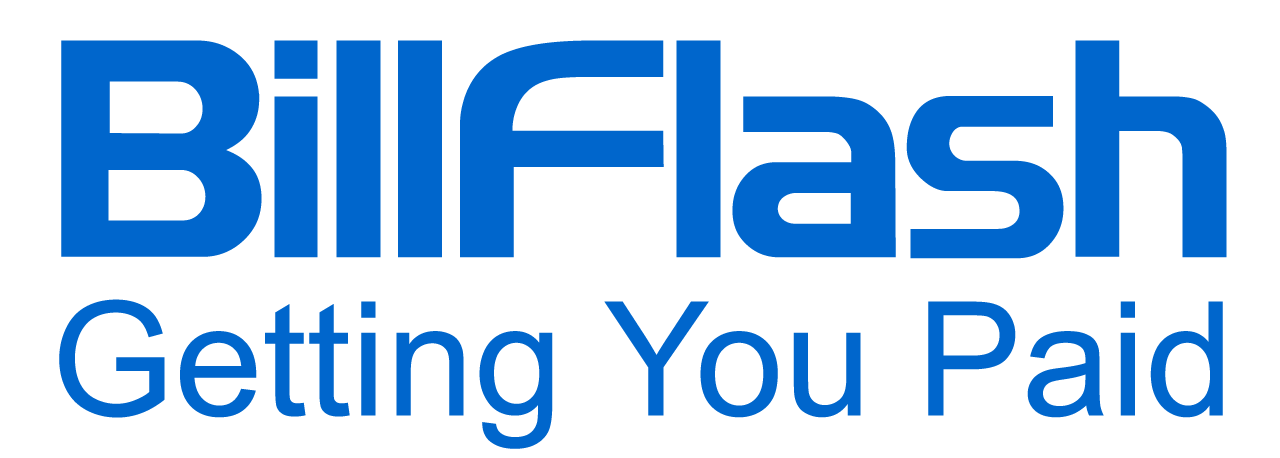Discover key features of mental health billing software that boost cash flow and enhance patient experience in your practice.
Billing is something that should be made as smooth and approachable as possible. When operating a mental health practice, the right billing software can make the whole process easier for your office and patients. Choosing an efficient mental health billing system ensures that your patients have a user-friendly experience, providing them with a simple way to view and pay bills. It can also reduce the stress of billing and streamline your in-office billing tasks all at the same time.
Many mental health practices struggle with time-consuming billing and helping patients pay their bills on time. Many mental health practices only collect 85 percent of the money owed to them. These struggles can hurt your practice's revenue flow and the patient experience. The best mental health billing software for your practice can be found by choosing an option with all the right features.
The Importance of Choosing the Right Mental Health Billing Software
Mental health practices benefit from streamlined and easy-to-use solutions, especially when it comes to patient interactions. Intuitive billing software designed for patient convenience, payment reminders, and flexibility are the best ways to make billing accessible and stress-free for your patients. Automation and integration can also ensure a smooth and efficient billing experience for your office staff.
Let's look at seven must-have features that make mental health billing software better for your practice and patients.
1. User-Friendly Patient Portal
Patient engagement and accessibility are critical in a mental health setting. A user-friendly billing portal makes it easy for patients to access their bills, payment history, and treatment information. Efficient billing is essential to patient satisfaction and retention, especially billing transparency.
Medical billing can be complex and stressful. According to Best Card, 66% of consumers say they would switch providers for an easier payment experience and the ability to pay online.
User-friendly mental health billing software should provide a safe and easy-to-navigate place for your patients to keep track of their expenses and take care of their payments. This ease of access not only increases accessibility but also reduces stress for your patients and improves their overall experience.
User-friendliness also helps your practice by reducing the administrative burden of support calls, and every patient-driven payment reduces the time spent by your staff following up on balances and manually processing payments.

2. Multi-Channel Communication for Bills
Not all patients communicate the same way. Each patient has different preferences regarding how they want to receive communication. That is why it is important to implement multichannel communication.
Billing software reminders and statements should be available through the channels your patients use most. This is why multichannel communication is essential for your mental health billing software. You can ensure patients are consistently reminded about their payments through their preferred channels.
Specific features for multichannel communication may include:
Pre-Visit Billing
Pre-visit billing is the ability to invoice before medical appointments. It provides cost transparency and an opportunity to pay before each service for peace of mind. With BillFlash’s PreBill service, you can send a PreBill link via text or email with the pre-visit charges, and let patients take care of payments online through a payment portal.
eBills via Text and Email
eBills make it easy to send virtual bills to your patients through the most popular digital channels. Kenect reports that 98% of all text messages are opened and 96% are read within 3 minutes. With billing platforms like BillFlash, SMS text messages and emails contain links to the secure billing portal where patients can access their billing statements and view and pay on the online payment portal.
Mailed Bills
According to a recent study, 74% of patients still prefer a physical reminder to pay their bills. Mailed bills reach patients even when they don't keep track of texts and emails. A well-timed physical reminder can help patients pay their bills by 10-20%.
BillFlash makes paying balances from mailed bills quick and easy by embedding a QR code that links to the billing portal. QR codes make it easy for patients to pay their bills online with a single scan. Additionally, with the postage already paid, providers can add PDF inserts to their mailed bills to provide educational or promotional information to their patients, driving even more value from a mailed statement.
Automated Payment Reminders
Automated reminders reduce the time required to provide patients with manual reminders throughout the month. BillFlash can send up to three automated reminders a month by text and email, and you can customize your reminder message to align with your practice voice. Once payment is received, patients are removed from the workflow and will not receive additional reminders.
These mental health billing software features are designed to reduce late payments and increase patient satisfaction by offering clear communication pathways.

3. Multiple Payment Methods for Convenience
In today's diverse world, people have different preferred ways to pay. Payment methods become routine and comfortable, however, trying a new method can feel unsafe. For a mental health practice, offering multiple payment methods can accommodate the diverse preferences of your patients.
Mental health practices that offer multiple payment methods like in-office, online, and mobile payment receive faster payments. This is why BillFlash makes it possible to pay by check, credit card, Google Pay, Apple Pay, or online through their secure payment portal.
Having familiar payment options in your mental health billing software helps to increase timely payments by simplifying the payment process for your patients. This ultimately improves your practice's cash flow by making payments more accessible.

4. Flexible Patient Financing Options
Mental health care can be expensive, and patients can't always align their mental health needs with financial readiness. Sadly, 75% of patients delay care due to financial hardship and concerns about health costs.
Offering patients financing and payment plans ensures that mental health is accessible and reduces the financial burden of seeking help when it is most needed. Through financing options, you can increase patient retention and encourage patients to seek the care they need without financial hesitation.
BillFlash provides FlexPay or flexible patient financing, wherein providers can be paid in full immediately through financing while patients manage their payments over time with a personalized payment plan.
5. Integrated Collections Services
When mental health payments go to collections, rather than sending collections to an outside agency, billing software with built-in collections management ensures that your practice stays in control of how collections are handled with your patients. This can help you avoid costly collection agency fees while tailoring your patients' experience even when they have overdue bills.
BillFlash's Integrated Collections service allows your practice to be in control and helps ensure faster recovery of unpaid bills, improving your practice's financial health while taking care of your patients through the collections process.
6. HIPAA Compliance and Data Security
Mental health practices handle sensitive patient information. This information must be protected, not just for the care of your patients, but also by regulation. HIPAA compliance calls for the highest degree of data security and privacy protocols. Your practice and patients rely on these advanced protections.
The most important mental health billing software features for ensuring HIPAA compliance and security include encryption, access control, and routine security audits. These defenses ensure continued compliance with regulations and absolute protection of patient data.

7. Customizable Reporting and Analytics
Mental health practices benefit from detailed insights into their financial health, trends in patient payments, and outstanding balance tracking. To gain these insights, you need mental health billing software that not only collects the right data but also provides it in an easy-to-read and accessible format.
Look for billing software that provides customized dashboards, automated reporting, and the ability to export your data. Customizable reporting and analytics help your mental health practice make informed business decisions and optimize billing strategies.
Why These Features Are Essential for Your Practice
Billing management should be straightforward for your mental health practice, creating a seamless experience for patients and staff. The right mental health billing software also simplifies payment processes and enhances efficiency at every step. With BillFlash’s comprehensive solution, you’ll optimize billing workflows, offer convenient and flexible payment options, and ensure HIPAA compliance — all while increasing collections.
Schedule a demo to discover how BillFlash can drive efficiency, elevate patient satisfaction, and fuel your practice’s growth.

